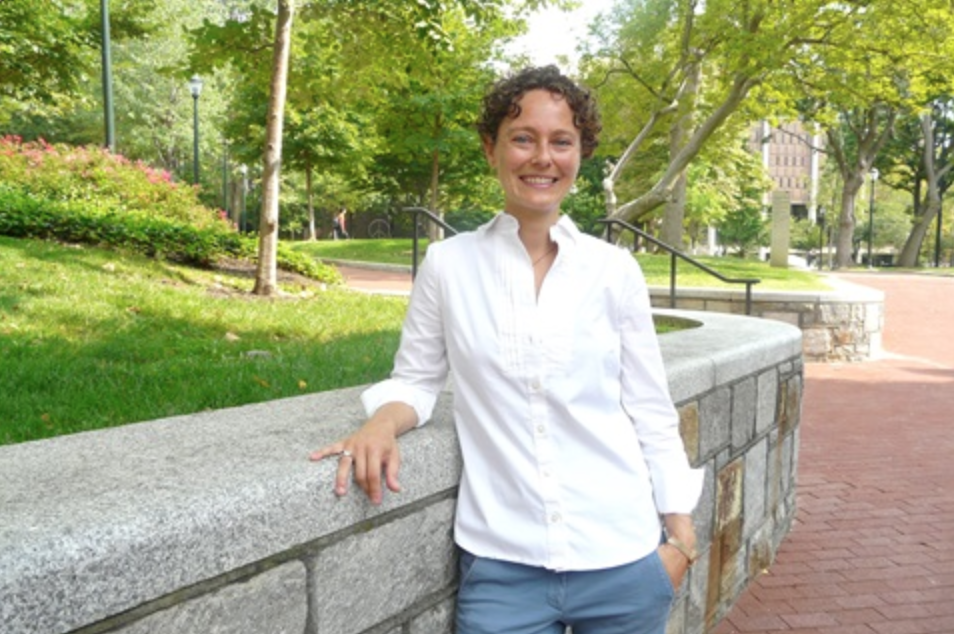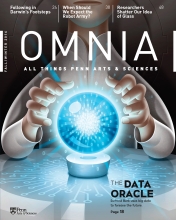How does an organization develop complete buy-in from its members? In order to answer that question, Amanda Barrett Cox, CGS’04, GED’09, GR’18, conducted and published a study about how organizations that make significant physical, emotional, and intellectual demands foster commitment and loyalty from voluntary participants—and as a result, thrive.
In the study, published this past May in Sociological Forum, Cox, joint Ph.D. student in the Department of Sociology and the Graduate School of Education, builds on the Greedy Institution theory posited by noted German-American sociologist Lewis A. Coser, who said an institution is considered “greedy” when its members’ involvement in the organization interfered with their involvement in other social spheres.
The focus of Cox’s study was on an intensive program that prepares low-income students of color to attend elite boarding high schools. Many of the students continue on to Ivy League and other well-regarded universities. Cox, who herself taught at a New England boarding school, says, “Some students came from affluent families, while other students seemed to be entering a world they had never known existed. I became interested in that difference, that adjustment—how the kids adapted.”
Cox is currently working on her dissertation, which examines how family foundations approach their work.




